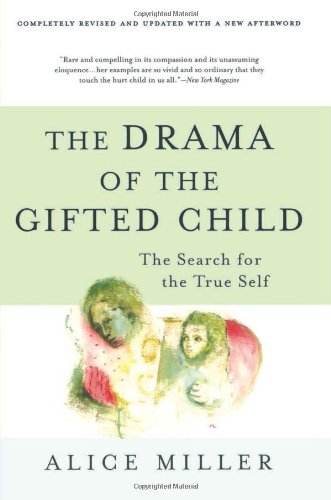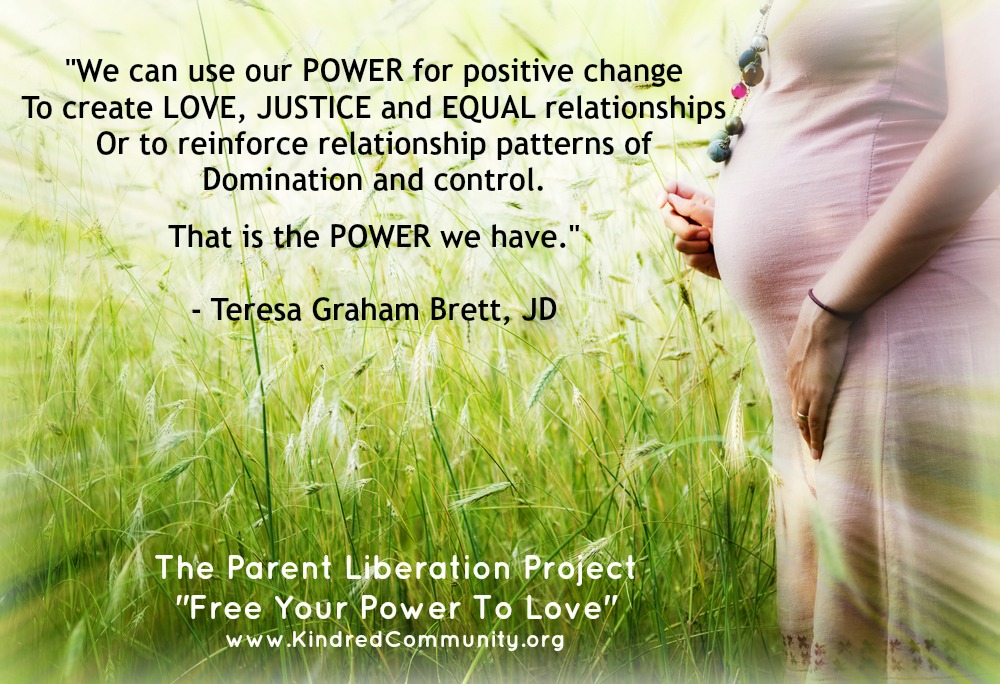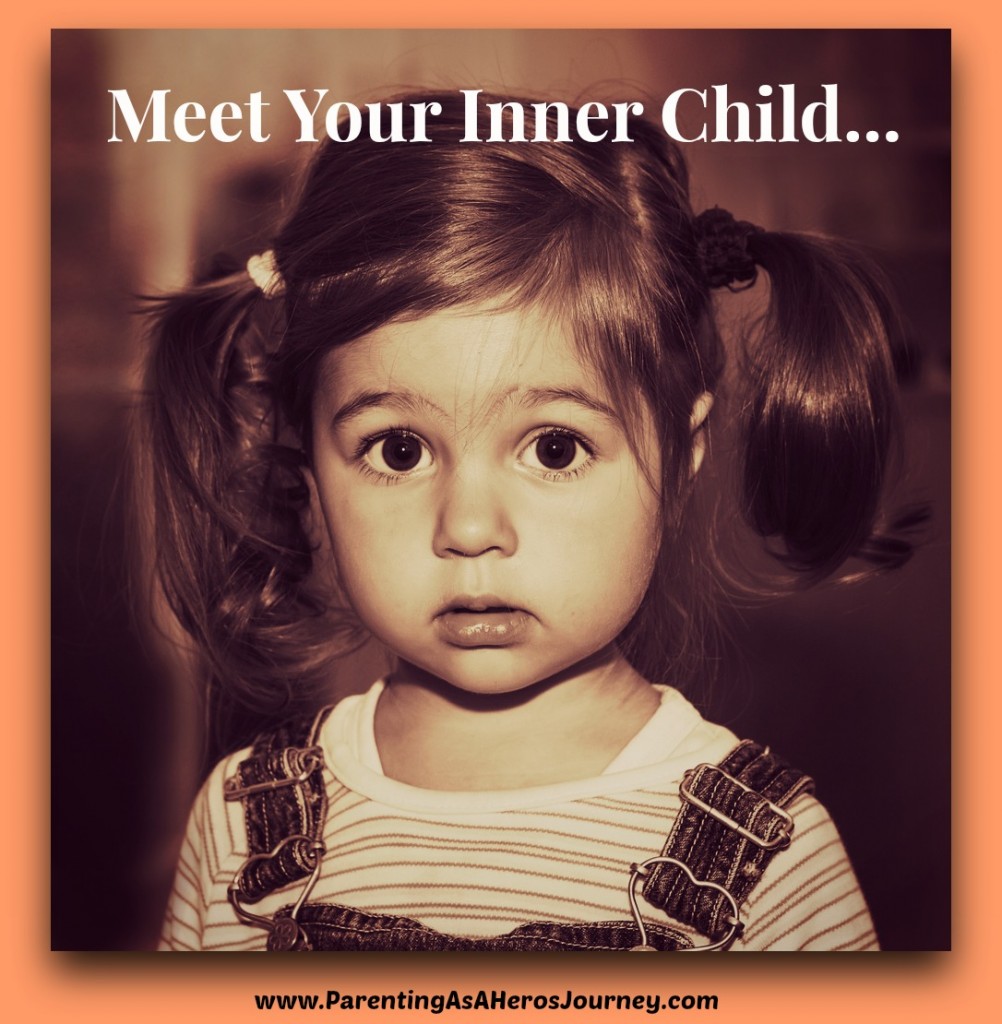How To Stop Disrespecting Your Children
Read Part One, Adult Justification Of Child Humiliation And Mistreatment and Part Three, Evil Babies And Parenting: Why Is Child Abuse Still So Prevalent?
Over decades, psychotherapist Alice Miller published details about child abuse among regular and famous people, describing it and its consequences in detail. But parents are still abusive of their children. How do parents become aware of their abusive treatment (which seems normal to them) and stop mistreating their children?
 Miller argues that every child abuser was mistreated themselves. The scarring they endured, they are passing on to their children. But it doesn’t have to be this way. Reflecting honestly on one’s own childhood is the first step to healing.
Miller argues that every child abuser was mistreated themselves. The scarring they endured, they are passing on to their children. But it doesn’t have to be this way. Reflecting honestly on one’s own childhood is the first step to healing.
When parents advocate using harsh punishments, Miller asks them to reflect on their own experience of these methods.
Reader, if you spank your child, shut them in a room isolated, or withdraw love from them to punish them, ask yourself and reflect on Miller’s questions.
Specifically, Miller asks:
Did adults treat you like this when you were young?
What did you learn from such punishments?
When parents reflect on questions like these, they can draw personal insight.
Other ways to spark self reflection are:
Reading Alice Miller’s books with their many accounts, explanations and consequences of abuse can bring about insights too, as readers have told her.
Taking the ACES test can also alert a person to their own mistreatment (ACES=Adverse Childhood Experiences). Awareness is the first step toward NOT automatically behaving the same way with one’s own children.
Although the realization that I, the parent, was treated the way I impulsively treat my child is useful, I must be careful not to stop there. I must bravely interrogate the “internalized parent” (those habitual beliefs and impulses learned from my parents about what is “right”). I must take on the voice of my internalized, frozen child self and ask:
“Why did you do that to me? Why didn’t you, Mother, protect me, why did you neglect me, ignore what I said? Why were your versions of me more important than the truth, why did you never tell me you were sorry, confirm my observations? Why did you blame me and punish me for something for which you were clearly the cause?” (Miller, 1990, pp. 20-21)
It takes courageous reflection (plus time and support) for me to face the feelings that I felt as a child during mistreatment. But then I can reach out to my inner child with compassion, with emotional holding. My inner child reacted as if badness was in her and that’s why she was punished and neglected. Healing comes from acknowledging that I was helpless as a child, that I was not bad but acted in ways geared to survive (whether impulsively becoming aggressive and controlling, or withdrawing into addictive behaviors).
Honestly facing the truth is difficult and may promote great sadness, rage or panic. Expressing these bottled up feelings might be necessary for healing (like cauterizing a wound). Safe places for expression include seeing a supportive therapist, writing out one’s feelings on paper (and burning them) or yelling out the feelings somewhere that doesn’t hurt self or others (e.g., outside by a freeway).
Once the childhood experiences and feelings about them are made explicit and accepted, the inner child comforted, one will likely be more sensitive to oneself as a child, to children and to the abused. One can be merciful towards oneself and also one’s parents who were driven by their impulses from their own childhood traumas.

Intergenerational transmission of trauma can be stopped. The strong impulse to treat one’s own children as one was treated will be dissolved.
But what do you do if you lose your temper even after self-insight?
“If a mother can make it clear to a child that at that particular moment when she slapped him her love for him deserted her and she was dominated by other feelings that had nothing to do with the child, the child can keep a clear head, feel respected, and not be disoriented in his relationship to his mother.” (Miller, 1990, p. 33)
The healthiest type of parent-child relationship is one of mutual responsiveness (Kochanska, 2002). Admitting mistakes is part of mutual respect.
Parental beliefs matter. Parent attitudes about children contribute to their parenting choices. If parents believe children’s urges are evil or in need of controlling punishment, they likely will mistreat them. Parents may suppress their instincts to be compassionate because the culture or family members pressure them to think they will “spoil” the baby (the opposite is true).
“The only person who can be helped is one seeking help because he knows he is in trouble. But most parents who seriously abuse their children are barely conscious of the trouble they are in. Moreover, they have no guilt feelings because all they know from their childhood is similar treatment and because they have learned to regards such treatment as correct. They firmly believe that they beat their children and treat them cruelly so as to enable the character to develop noble characters…” (Miller, 1990, p. 130)
How to help still-blinded parents? After many years of detachment from condemning parents, Alice Miller became radicalized about this:
“How can one “help” [abusive parents] without making them see [their behavior as criminal]? And how can one make them see this as long as society is reluctant to describe crimes against children as offenses liable to public prosecution and to embody this in legislation?” (Miller, 1990, p. 130)
“Every abuse of a child must be condemned and is not “understandable.” It can be explained only the private perversion of the perpetrator’s parents—not that this makes it in any way excusable. Only through the unequivocal condemnation of child abuse will society and the individual become aware of the true state of affairs and what it will lead to.” (Miller, 1990, pp. 132-133)

Abuse occurs in all types of families, regardless of advantages. Research suggests that it is not only childhood experience of neglect, physical or sexual abuse that can lead parents to be abusive but also factors like these:
- Social stress (e.g., not enough social support in caring for a child)
- Economic stress (poverty relative to others in your community)
- Work stress
- Substance abuse
- Teenage parenting (lack of maturity in the parent)
(For more detail see: https://www.childwelfare.gov/topics/can/factors/contribute/ OR http://www.abusewatch.net/res_factors.php)
These factors are systemic, social issues. If the community is not supportive of the mother or father, we should not be surprised if they are not supportive of their children (see Part 1).
Today, society has become much more sensitive to abusive parenting behaviors. The parenting behaviors listed at the beginning would be termed physical, psychological and emotional abuse (spanking, isolation, love withdrawal). Understanding what respectful treatment of babies and children looks like is widely needed.
Helping parents reach personal insight while holding high standards that abuse is intolerable may help move society closer to the companionship care that is our heritage. See Part 3.
Three-part series on Alice Miller:
PART 1: Adult Justification of Child Humiliation and Mistreatment
PART 2: How to Stop Disrespecting Your Children (above)
PART 3: What Babies Expect (Alice Miller’s insights)
REFERENCES
Kochanska, G. (2002). Mutually responsive orientation between mothers and their young children: A context for the early development of conscience. Current Directions in Psychological Science, 11(6), 191-195. doi:10.1111/1467-8721.00198
Miller, A. (1990). Banished knowledge: Facing childhood injuries, Rev. ed. (trans., L. Vennewitz). New York: Anchor.
Miller, A., (2007/2009). Free from lies: Discovering your true needs. New York: Norton.


This is a great article and resource. I’m happy to see information about ACEs in it as well. For those parents looking for support, validation and info. about break-the-cycle parenting please know there is now a Parenting with ACEs (Adverse Childhood Experiences) group on the Aces Connection Network site (http://www.acesconnection.com/) which I lead. I’m a parent with a high ACE score.
Also, there’s a Facebook page run by two moms who are survivors called the Trigger Points Anthology. They self-published a book, which is great, and by survivors. But the Facebook page is active and open to all.
sites https://www.facebook.com/TriggerPointsAnthology/?fref=ts
Thanks for this article. I’m going to share a link to it in the Parenting with ACEs group.
Thank you!
Christine Cissy White